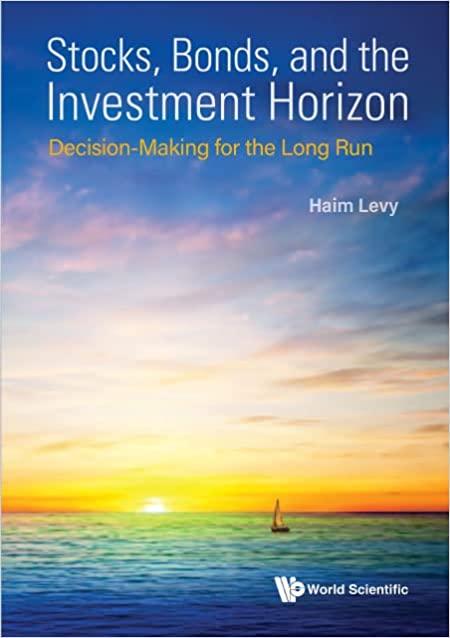Question
Year Cash flow 0 $ 1 $ 2 $ 3 $ 4 $ 5 $ (Do not round your calculations. Round your answers below to
| Year | Cash flow |
| 0 | $ |
| 1 | $ |
| 2 | $ |
| 3 | $ |
| 4 | $ |
| 5 | $ |
(Do not round your calculations. Round your answers below to the number of decimal places specified.)
| Evaluation Method | |
| Payback | years (2 decimal places) |
| PI (Profitability Index) | (2 decimal places) |
| IRR (Internal Rate of Return) | % (2 decimal places) |
| NPV (Net Present Value) | $(whole number with no decimal place) |
Hoosier Technology, Inc. is a producer of portable printers. Its current line of Wi-Fi printers are selling excellently. However, in order to cope with the foreseeable competition with other similar printers, HT spent $5,000,000 to develop a new line of portable printers (new model development cost) that enables users to print photos from smartphones or tablets. The new portable printer model is approximately the size of a cell phone, has Bluetooth technology and is capable of printing both pictures and stickers. Users of the portable printer are able to download an app for the device which allows them to customize photos before printing. The wireless capability also allows friends and family to print to the same printer from all wireless smartphone and tablet devices. Furthermore, the portable printer has a very appealing look, has 512 MB of memory, includes a USB cable, and no ink cartridges are required for operation. The company had also spent a further $1,050,000 to study the marketability of this new line of portable Wi-Fi printers (marketability studying cost). HT is able to produce the new portable printers at a variable cost of $100 each. The total fixed costs for the operation are expected to be $8,000,000 per year. HT expects to sell 3,100,000 printers, 4,200,000 printers, 3,250,000 printers, 2,150,000 printers and 900,000 printers of the new model per year over the next five years respectively. The new Wi-Fi portable printers will be selling at a price of $130 each. To launch this new line of production, HT needs to invest $33,000,000 in equipment which will be depreciated on a seven-year MACRS schedule. The value of the used equipment is expected to be worth $6,500,000 as at the end of the 5 year project life. HT is planning to stop producing the existing Wi-Fi printers entirely in two years. Should HT not introduce the new portable Wi-Fi printers, sales per year of the existing Wi-Fi printers will be 2,500,000 printers and 1,500,000 printers for the next two years respectively. The existing model can be produced at variable costs of $70 each and total fixed costs of $7,500,000 per year. The existing Wi-Fi printers are selling for $105 each. If HT produces the new portable model, sales of existing model will be eroded by 1,500,000 printers for next year and 1,275,000 printers for the year after next. In addition, to promote sales of the existing model alongside with the new portable model, HT has to reduce the price of the existing model to $90 each. Net working capital for the new portable Wi-Fi printer project will be 20 percent of sales and will vary with the occurrence of the cash flows. As such, there will be no initial NWC required. The first change in NWC is expected to occur in year 1 according to the sales of the year. HT is currently in the tax bracket of 35 percent and it requires a 17 percent returns on all of its projects. The firm also requires a payback of 3 years for all projects. You have just been hired by HT as a financial consultant to advise them on this new portable printer project. You are expected to provide answers to the following questions to their management by their next meeting which is scheduled sometime next month. What is/are the sunk cost(s) for this new portable Wi-Fi printer project? Briefly explain. You have to tell what sunk cost is and the amount of the total sunk cost(s). In addition, you have to advise HT on how to handle such cost(s). What are the cash flows of the project for each year? What is the payback period of the project? What is the PI (profitability index) of the project? What is the IRR (internal rate of return) of the project? What is the NPV (net present value) of the project? Should the project be accepted based on Payback, PI, IRR and NPV? Briefly explain.
SHOW ALL WORK
Step by Step Solution
There are 3 Steps involved in it
Step: 1

Get Instant Access to Expert-Tailored Solutions
See step-by-step solutions with expert insights and AI powered tools for academic success
Step: 2

Step: 3

Ace Your Homework with AI
Get the answers you need in no time with our AI-driven, step-by-step assistance
Get Started


